BSF Soldiers Brave Extreme Conditions In Rajasthan Desert To Safeguard India-Pakistan Border
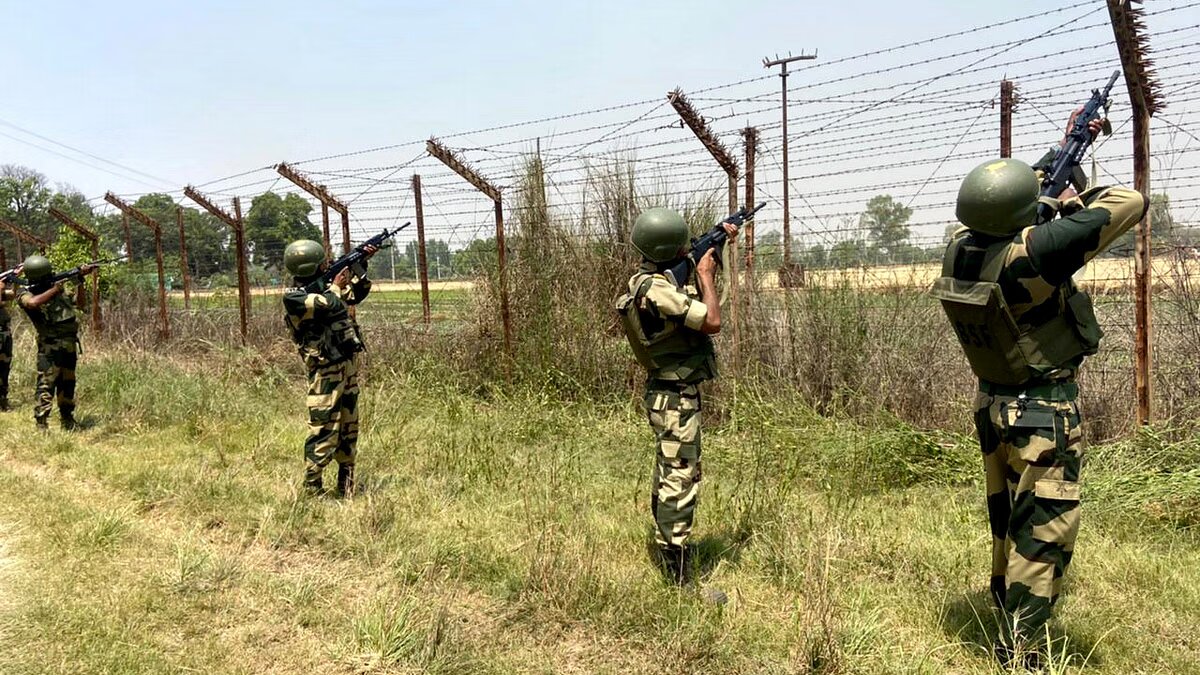
- According to the officer, there is no crossing of the border from either side because of a strong intelligence network on the ground and electronic monitoring of weak spots.
- Singh also said that the chance of breaking in has gone down since the border is now surrounded by two fences.
The BSF keeps an eye on the border between India and Pakistan in the vast desert of Rajasthan’s Jaisalmer district. It can be as hot as 55 degrees Celsius in the summer and as cold as 0 degrees Celsius in the winter.
Sometimes, blinding sandstorms happen, and SUVs have to make way for camels. To protect the international border, border guards need to know how to ride camels.
Along the 464 km-long border, there is strict watchkeeping and tracking to make sure that no one from the other side breaks in or traffics drugs, said Manjit Singh, Commandant of the BSF’s 154 Battalion.
This is the part of the international line in Rajasthan that is the longest.
“Extreme weather like sandstorms and very high temperatures in the summer and very cold winters are a big problem for the troops that patrol the border,” Singh said.
He said that the temperature goes up to 55 degrees C in the summer and down to 0 degrees C in the winter.
Singh said that once they are sent to these places, they go through a process called acclimatization and find it easy to deal with the conditions.
This part of the international line is being watched by troops who might get “cool jackets” that will help lower their body temperature by six to seven degrees C.
“Shortly, a pilot test of the cool jackets will be done, and if it works, it will be added to the BSF’s inventory for the area,” the BSF officer said.
In the summer, sandstorms are also very bad because police SUVs can’t get through the sand.
“In these kinds of situations, troops patrol on camel backs, and 44 animals are sent to this area.” Camels are an important part of border patrolling in the deserts, and our staff quickly learns how to ride them, Singh said.
In terms of security, he said that troops’ main job is to keep an eye on the movement of drones.
While there is a chance that drug trafficking could happen with drones, the BSF officer said that they are on high watch and that there hasn’t been a case like this in recent months.
“Drones have been seen moving, but mostly on the Pakistani side of the border. They haven’t come into our space because the BSF has a strict surveillance system in place,” he said.
The action of the drones could be for surveillance or reconnaissance, he said.
According to the officer, there is no crossing of the border from either side because of a strong intelligence network on the ground and electronic monitoring of weak spots.
“People in border villages call the BSF right away if they see an outsider in their area, and we’ve been able to catch people who were trying to cross the border or get into our side,” he said.
Singh also said that the chance of breaking in has gone down since the border is now surrounded by two fences.
Since there aren’t many people on either side of the line, anyone trying to get in is quickly caught.

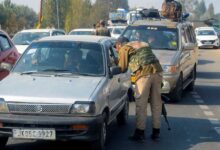
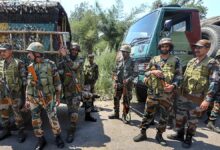
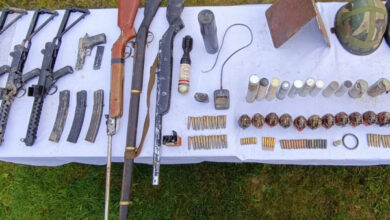
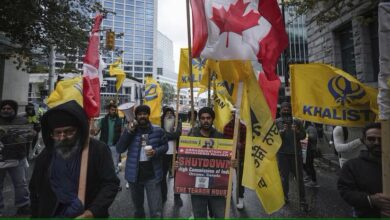

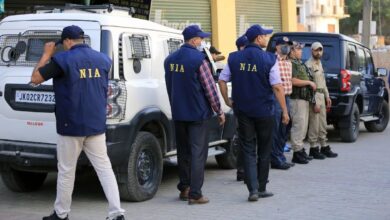
Facebook Comments